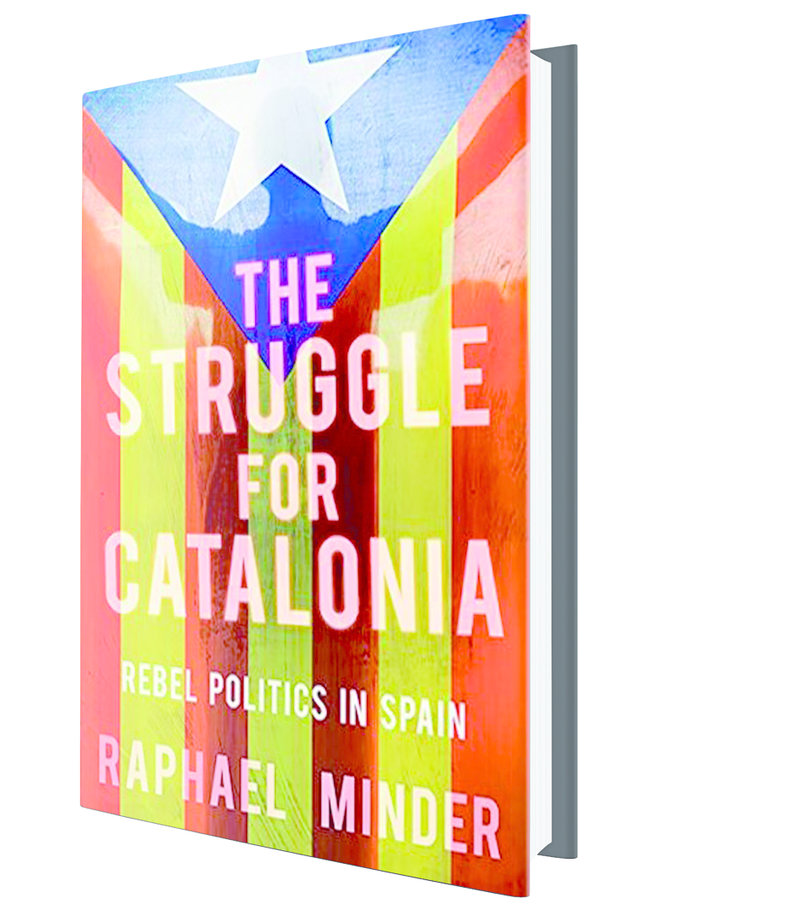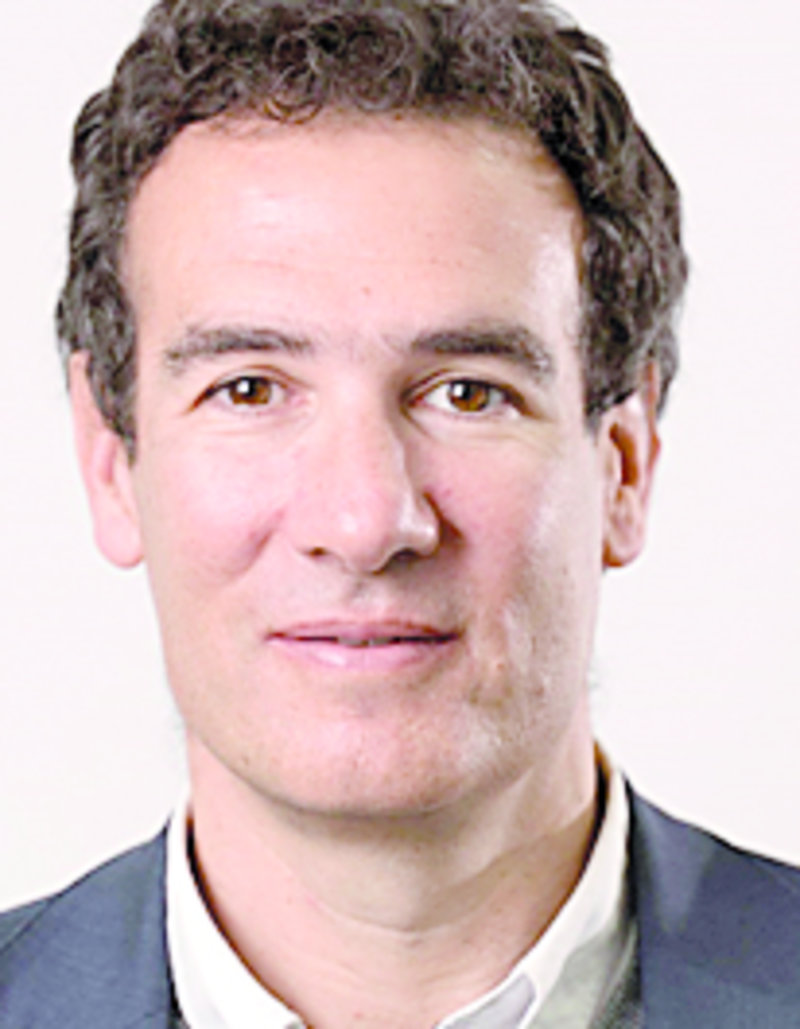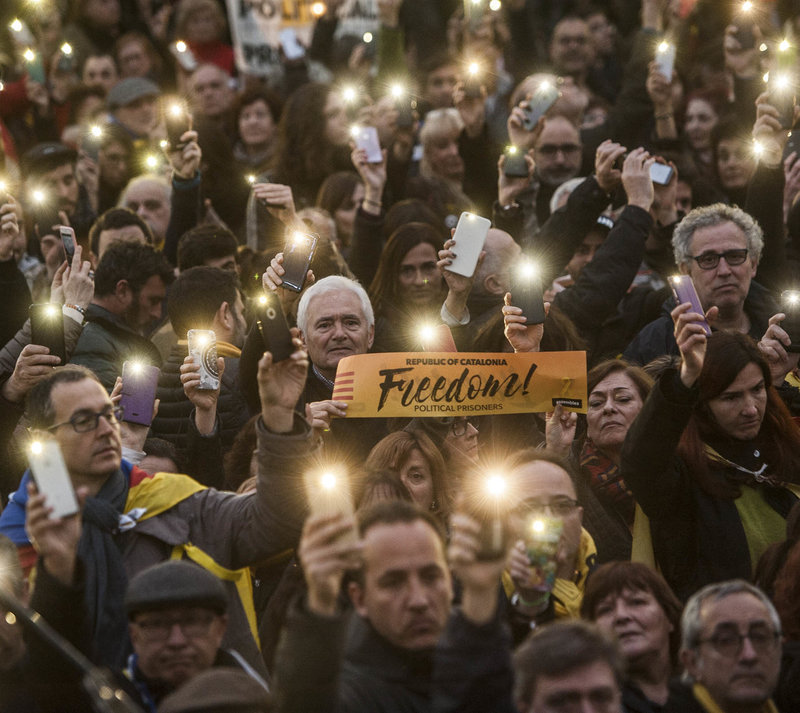Catalonia Crisis: A plea for dialogue
The Struggle for Catalonia is based on Minder’s experience as a journalist and some 200 interviews with politicians, singers, migrants, historians, campaigners, shop-keepers, journalists, academics and many others, from Jaime Mayor Oreja to Nachat el Hachmi.
Lamentably, the political situation is so distorted that the first task of this review is to defend Raphael Minder. I looked him up on Google and found he is a target of hate insults from Spanish nationalists: that he is a disgrace to the New York Times, that he is in the pay of the Generalitat, that he favours ETA etc. etc.
Let’s be clear: Minder’s book and articles are independent. He seeks to explain a complex situation to foreign readers. He beats no drum for unionism or Catalan independence. He pleads for dialogue. This, though, is what the organisers and inspirers of the abuse cannot stand.
Impressive diversity of opinion is the book’s strength. Minder records the views of both independentists and unionists, setting up a dialogue within his pages. He explains thoroughly the development of the Catalan independence movement (up to mid-2017) since the PP campaign against the Estatut of 2006. Minder recognizes that Artur Mas was pushed to an independence position in 2011/12 by the grassroots movement to hold consultative referendums in many small towns. He signals too Convergència’s use of independence to reverse its unpopularity due to its corruption cases and big cut-backs in social spending, implemented earlier than the PP itself. Mas went in a year from being booed to acclaimed.
Level-headed
The book has many stimulating tangents and stories: on Lluís Llach, on the importance of cooperatives in Catalonia, on the Ebre Delta, on refugees or on the culinary conflict between Ferran Adrià and the late Santi Santamaria. He covers Franco, immigration, religion, North Catalonia, the Basque country, sport, language. Even readers already knowledgeable about Catalan society and politics will learn something.
My main criticism is that, despite all this information, there is a certain lack of nuance. One example (page 246): his account of Tarradellas’ return as President in 1977 reflects too readily the official Generalitat view that Tarradellas received a hero’s welcome. His famous “ja sóc aquí!” was indeed applauded thunderously. However, there was also widespread opposition to Tarradellas’ appointment as non-elected President. After the Socialists and Communists combined HAD won a majority in Catalonia in the June 1977 elections, Adolfo Suárez maneuvered the conservative Tarradellas into power.
Among the strident propaganda around the independence question, Minder’s book is refreshingly level-headed. What is most impressive is that it lets myriadvoices, both leaders and the anonymous, speak for themselves. It enrages supporters of Soraya Sáenz de Santamaría’s 155 government.
Raphael Minder
Born in Geneva in 1971, Raphael Minder is a journalist who worked for many years as a foreign correspondent for the Financial Times. Since 2010 he has been the New York Times correspondent for Spain and Portugal.






